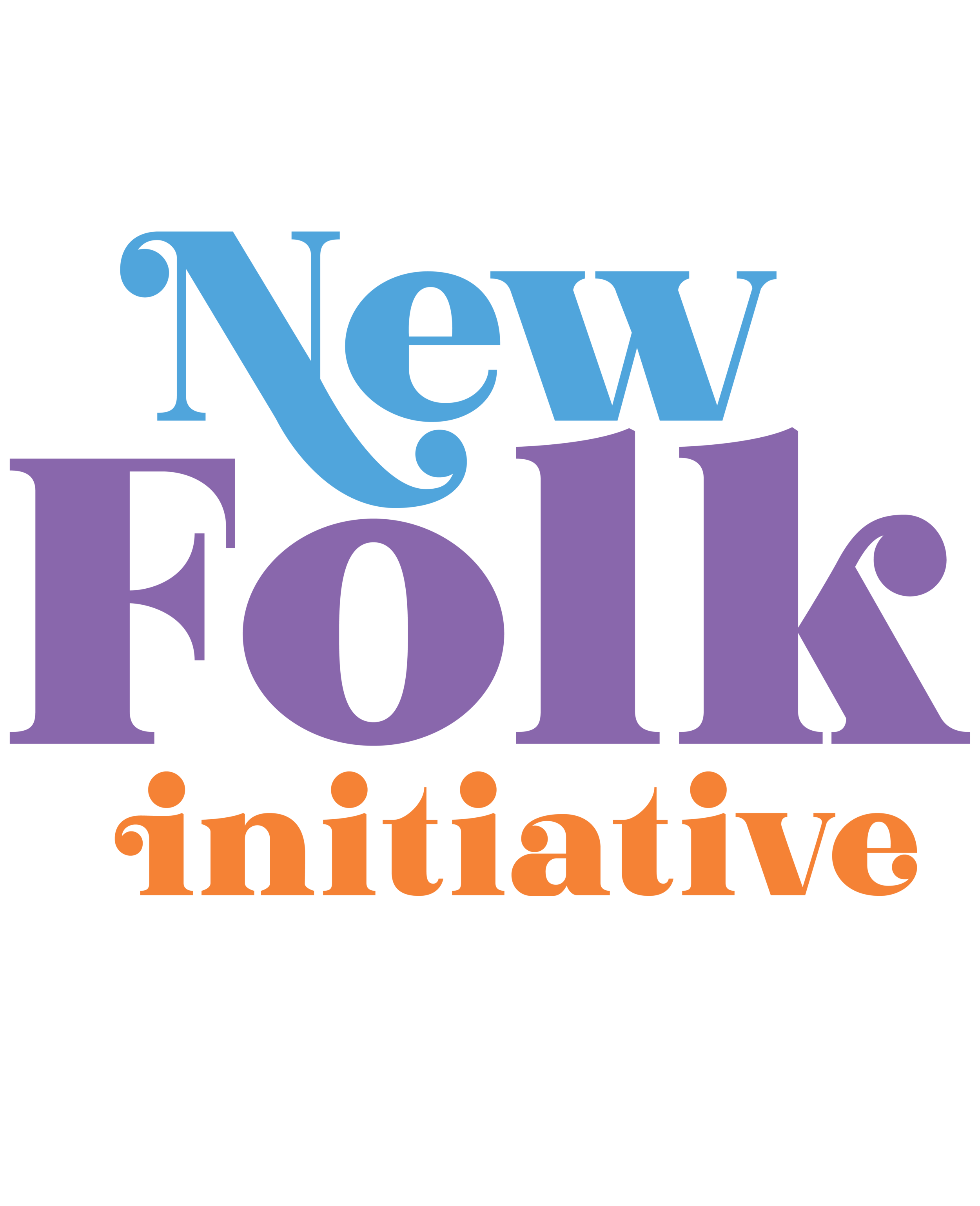Review: Paradise Square
The multi-talented Irish expat Larry Kirwan has been a force in NYC culture for decades. He’s probably best known as the leader of the Celtic rock group Black 47, but he’s also been a novelist, an Irish Echo columnist, a Sirius XM radio host, a political activist, and a playwright with 17 plays and musicals to his credit. A veritable Renaissance man! His latest production is Paradise Square, currently running at the Ethel Barrymore Theatre, which he conceived and contributed book, music, and arrangements.
Paradise Square grew out of Kirwan’s play Hard Times, which ran 10 years ago at The Cell. It told the story based on history of the influx of Irish immigrants and former slaves to the Five Points neighborhood in lower Manhattan during the 19th century (see Gangs of New York) and was set in 1863 at a fictional bar called Paradise Square where blacks and white gathered. The music was not by Kirwan but Stephen Foster, who actually lived in New York City at that time of his short life.
It’s a big leap from there to Broadway. The original music in Paradise Square is by Jason Howland, with additional music by Kirwan, and serviceable lyrics by Nathan Tysen and Masi Asare. The book seems to have been written by committee, with Kirwan sharing credit Christina Anderson and Craig Lucas. Allen Meyer has created a brilliant set, which looks like a multi-purpose Erector set. The direction is by Tony-nominated director Moises Kaufman and choreography by Kennedy Center honoree Bill T. Jones.
There is a large cast, who represent different elements of society: the black proprietor (Joaquina Kalukango) married to a white soldier (Willie O’Brien), whose sister (Chilina Kennedy) is married to a black pastor (Nathaniel Stampley). The racial harmony is threatened by the introduction of an Irish immigrant (A.J. Shively) and a runaway slave (Sidney DuPont) and the imposition of a draft during the Civil War. Fomented by nativist whites and a white politician (John Dossett) the tension ultimately leads to race riots and the burning of the Paradise Square.
There is also a character based on Foster (Jacob Fishel), who seems designed to show the appropriation of black culture by whites but is extraneous to the plot. The better songs, like “Gentle Anne” and “Angelina Baker,” have echoes of Foster, and there’s even a number based on “Camptown Races.” The Act One finale, “Heaven Save Our Home,” sung by Kalukango, recalls “Wheels of a Dream” from Ragtime. The undeniable highlight is “Let It Burn” the “11 o’clock number” of Act Two, in which Kalukango brings the house down through the sheer power of her performance. A Tony nominee last year for Slave Play, Kalukango is certainly a strong contender this year for Paradise Square.
The real star of Paradise Square, though, is Bill T. Jones, who combines Irish step dancing and African Juba moves to signify the differing heritage of the cast members. A dance-off in Act Two between the Irish immigrant and the runaway slave, while somewhat forced from a plot perspective, is a thrilling theatrical moment. In a season where there is a lot of strong choreography among Tony nominees, Jones, who’s already won for Fela! and Spring Awakening, definitely deserves an award.
In sum, Paradise Square, is very pleasing, even in its shortcomings. As the country reckons with the January 6 insurrection riot at the Capitol, the true events of Paradise Square, the largest civil insurrection in history, offer some hope for our society. The future is yet to be reached, and the door is always open to Paradise Square.
Photo © Julieta Cervantes
